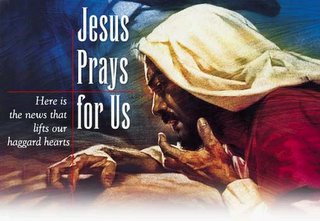VISIT

Lk 1:39-56
Every visit is a gift. It is a precious gift, whose value exceeds what money can buy. Every visit is a priceless treasure not because of the gift but because of the giver. When we visit someone, we give our selves to the person we visit. We give him or her our time. The effort we spend in making the visit is part of the whole value of our gift of self. Let us make every visit a priceless gift. Let us give our selves, our time, and our effort to people we visit.
However, there are visits that are not welcomed. Whatever the reason is, an unwelcomed visit is no visit at all. In our waking hours, an unwelcomed visit is a tragedy. In our hours of sleep, an unwelcomed visit is a nightmare.
Today, we remember the visit that the Blessed Mother paid to her cousin, Elizabeth. We celebrate her visit because it was a gift of her self to Elizabeth. She went to Judea, the hometown of Zechariah and Elizabeth, not for a grand vacation. She went there in haste, despite her own pregnancy, to serve Elizabeth. She ran to her cousin’s side in the moment of her cousin’s need. By doing so, the Blessed Mother did not only share with Elizabeth the unmerited gift of her becoming the mother of the Savior but also to share in Elizabeth’s own cause of joy and anxiety.
That she conceived in her old age and despite her being barren, caused Elizabeth the kind of inexpressible joy that even her husband, Zechariah, could not speak about. However, the same event caused her anxiety, given the difficulties of conceiving and delivering a baby in her advanced age. In such a moment of mixed emotion and confusing experience, Elizabeth welcomed the visit of the Blessed Mother.
The Blessed Mother’s presence highlighted the joy in Elizabeth’s condition and totally erased any trace of anxiety there was. The Blessed Mother’s going out of her way and making sacrifices to be with Elizabeth made the visit we remember today a reason to celebrate for all ages.
As she shared in her cousin’s difficulties, the Blessed Mother brought Jesus not only to Elizabeth but also to Zechariah and John who was yet in the womb. She brought Jesus to them not only because Jesus was already in her womb but also because she herself became to them like Jesus who came to serve and not to be served.
Visit someone today. Serve someone today. The world may not remember and celebrate our visit. But heaven will never forget.























